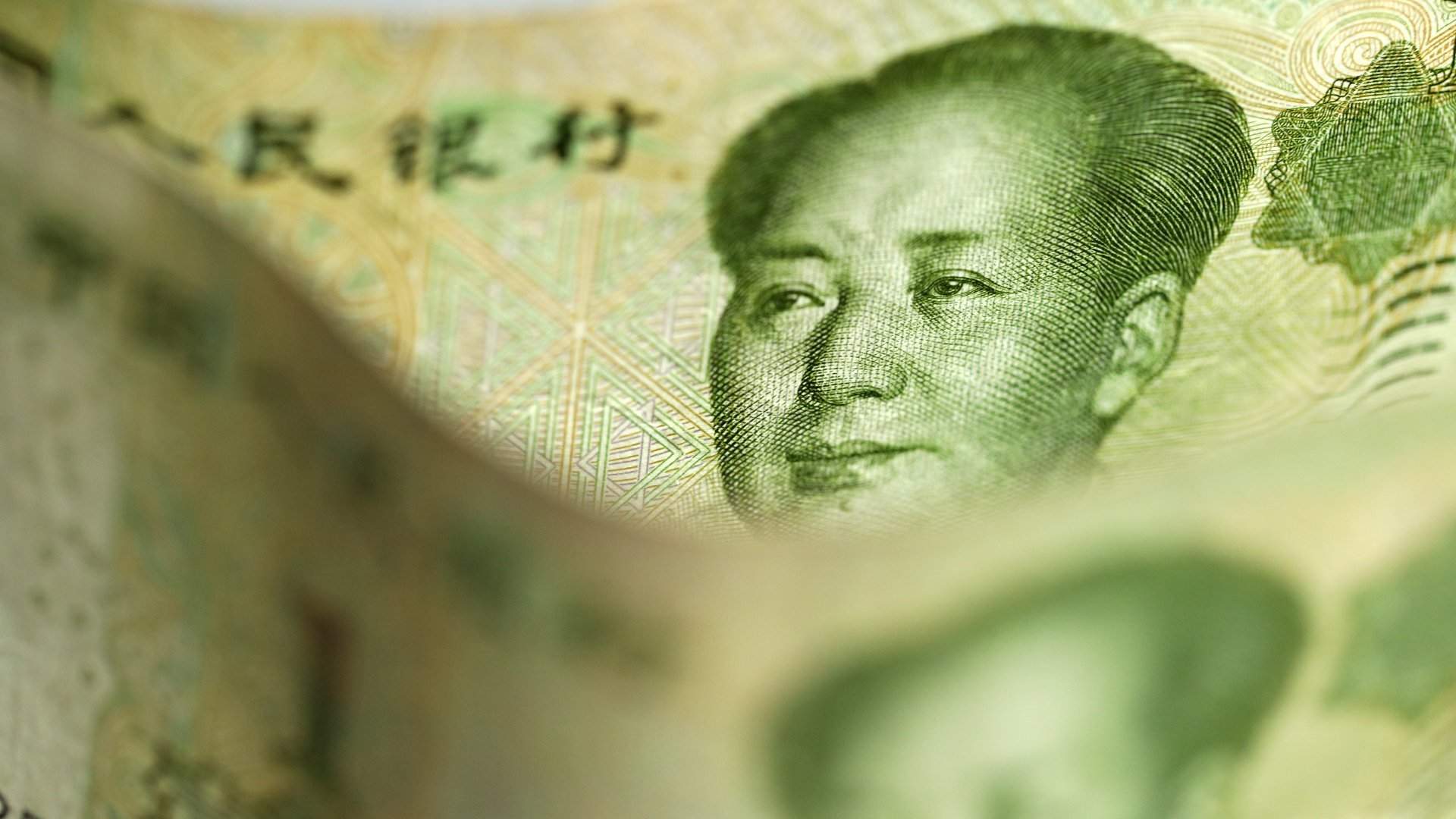
China: hidden economic growth rates
Nicholas Lardy, from the Washington-based Peterson Institute for the World Economy, is one of the few experts who believe that China can return to its pre-pandemic levels of rapid economic development.
In a Foreign Affairs article, he notes that China faced much more challenging obstacles on the path to economic reform in the late 1970s. China's economic development has slowed in recent years. However, it is expected that the Chinese economy will grow at twice the rate of the American economy in the near future.
In 2023, China's GDP growth rate was significantly lower than the double-digit rates achieved in previous years. Despite this, pessimists are wrong to think that the Chinese economy is lagging behind the American one. This indicates a shift in the rankings, with China now ahead of the US in terms of economic growth. Last year, China's GDP grew by 5.2%, while the United States' GDP grew by 2.5% when adjusted for inflation.
When assessing the rate of economic growth, a GDP deflator is usually used to moderate the indicator. However, in the case of assessing the rate of the Chinese economy in the current period of time, an 'inflator' must be used.
Mistakes about China's development also stem from the fact that the United States has been aggressively raising interest rates for over a year, while China has taken the opposite tack. Consequently, the yuan was under significant pressure, and the GDP value, when calculated in dollars, was underestimated.
However, it is highly probable that the American central bank will begin to ease monetary policy and lower rates this year. As a result, the yuan is expected to strengthen in the short term.
Nicholas Lardy predicts that China's nominal GDP in dollars will continue to approach that of America's this year and is likely to surpass it within a decade.
Lardy also notes that Chinese households spent more than they earned last year, while Chinese companies increased their debt and invested in manufacturing, raw materials extraction, utilities, and services.
Nicholas Lardy agrees that many are right to fear a collapse in the volume of investment in China's construction sector. However, he disagrees with the notion that the majority are exaggerating the problem. According to him, the crisis in the construction industry, which began in 2021, was not caused by the flight of money from construction and the real estate market. Builders have prioritised completing construction projects with the full support of the authorities.
There is an opinion that the government's regulation of the private companies market has slowed down economic growth. Some argue that the actions of government regulators have forced investors to reduce investments and leave the country. However, a Washington economist sees important details in this situation that require us to perceive it differently.
Nicholas Lardy wrote also noted that the decline in the share of private investment in total investment since 2014 is mostly due to a correction in the property market, which is dominated by private companies. Excluding the real estate market, private investment increased by almost 10% in 2023.
